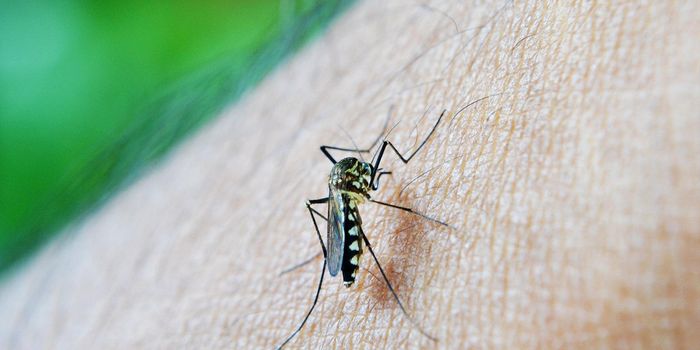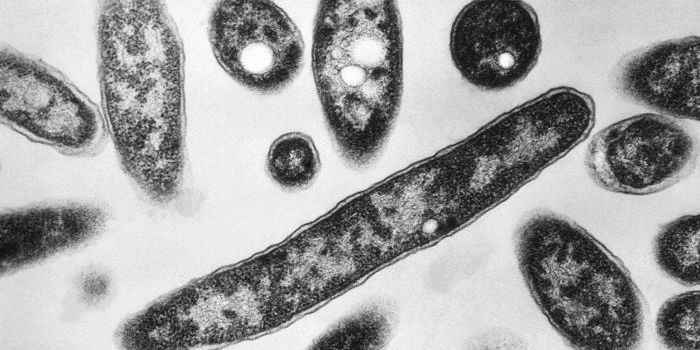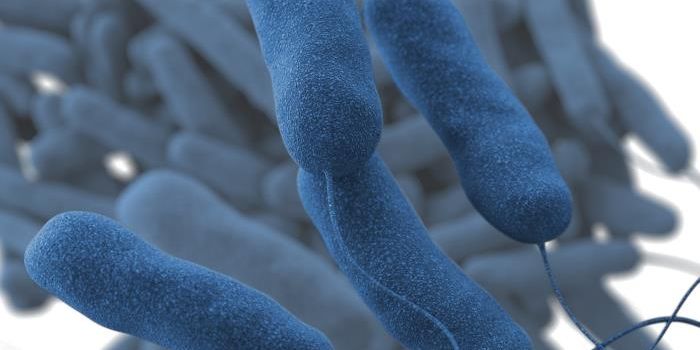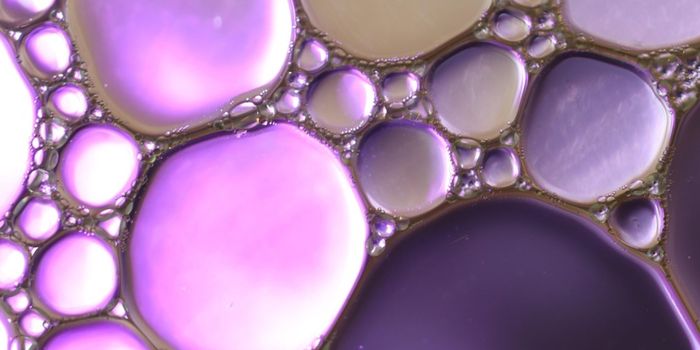How to Avoid Greenwashing Your Lab
Written by Kim Cummins
Greenwashing is a term used to describe an intentionally-misleading or false claim about the environmental benefits of a product, service, or company practice in order to increase profits or deflect attention from environmentally-harmful activities.
Look for the Facts
In a recent interview for Lab Innovations, Andy Evans, Director of Green Light Laboratories LTD, was asked what he thought the biggest challenges for laboratories in the next 10 years would be. His answer: product greenwashing.
The term “greenwashing” was first coined by American environmentalist Jay Westervelt in the 1980’s as he was examining how the hotel industry disingenuously promoted reusing towels as part of their environmental policy when, in fact, it was merely a cost-saving strategy. Greenwashing is fundamentally one-sided, asking consumers to assume the cost (or in Westervelt’s case, forgo a fresh towel) while the greenwasher benefits and takes no action to actually minimize their environmental impact. Forty years later, the greenwashing phenomenon pervades across all industries – from Food to Fashion – and takes advantage of well-intentioned, environmentally-conscious consumers.
As demand for sustainable laboratories grows, so too does the challenge of avoiding greenwashing. More than ever, eco-friendly claims, nature-evoking imagery, and feel-good messages about planting trees are prominently featured in laboratory manufacturers’ marketing campaigns. Navigating true sustainability in a world full of green marketing messages is, by design, a challenging task. Enter My Green Lab, the San Diego-based not-for-profit organization dedicated to helping the global scientific community “create a culture of sustainability.” Offering six unique and effective sustainability programs, My Green Labs help researchers rise above the greenwashing noise and take immediate action to reduce the environmental impact of their work.
My Green Lab’s ACT Label Program has become the International ‘Gold Standard’ for evaluating the sustainability of laboratory products on the market. Products with ACT Label certification must undergo a rigorous 2–6-month audit that includes a third-party verification process. At the end of the audit, the manufacturer is provided with a comprehensive and scored evaluation of their products and suggestions on how to further reduce the environmental impact of their products, manufacturing, and packaging. By emphasizing Accountability, Consistency, and Transparency (ACT) around manufacturing, energy and water use, packaging, and end-of-life, ACT-labeled products offer laboratories the opportunity to reduce their environmental impact by making smarter purchases, with clear, third-party verified information.
Hold Your Lab Products Accountable
The ACT Label is like an eco-nutrition label only instead of providing serving size, calories, and nutrient information, the ACT Label displays how a product rates in three sustainability categories: Manufacturing Impact, User Impact, and End of Life. These categories are graded on a scale of 1-10, with 1 indicating the least environmental impact and 10 indicating the highest. The Environmental Impact Factor (EIF) score is the sum total of all category ratings. The lower the EIF score, the lower the overall environmental impact. EIF scores empower researchers to shop with environmental awareness and enable product and/or manufacturer comparisons.
Developed by scientists, sustainability directors, procurement specialists, and other industry experts, the ACT Label is the most comprehensive product labeling program for life science products. All ACT Label scores are independently audited by SMS Collaborative, LLC (SMSC) and published for the public by My Green Lab. Clear transparency and traceability into the results of the audit can be found in the label’s supplementary information in the database.
The ACT database allows you to compare products before you purchase or evaluate the impact of a product your lab is already using. Click here to access the global ACT database.
Choose ACT-Labeled Products
Among their ACT-registered companies, Labcon, the world's leading manufacturer of Earth Friendly® laboratory consumables, received industry-leading ACT scores and currently holds the lowest EIF score of all the consumables enrolled in the program. Labcon offers over 100 ACT-certified laboratory products and has the lowest (best) rating possible in Manufacturing Impact. Labcon products are manufactured with 93% clean energy. 63% of their energy profile comes from renewable sources, including 30% solar energy generated from their own 2,725-panel rooftop solar array. Their products incorporate sustainable materials such as recyclable or recycled plastics and cardboard, carbon-sequestering bioplastics, refillable and reusable packaging, and metal-free vegetable-based inks. Choosing Labcon’s ACT-labeled products dramatically improves the sustainability of your scientific research.
Originally registered for the ACT Label exclusively in the United States, Labcon recently expanded their ACT-labeled products overseas to include a label for both the United Kingdom and European Union. Each globally-registered product will now have three scores, one for each region. These scores take into account the differences in shipping impact and the unique recycling infrastructure in that particular region.
Remember: The Lab Is Always Greener Where You ACT Label It
When it comes to building a sustainable future for scientific research, tackling the greenwashing phenomenon has become one of the greatest challenges for laboratories to overcome. The best way to tell if a laboratory product has been greenwashed is to look for a legitimate certification program with third-party verification – like the ACT Label. If there is no supporting information that explains how the product fits into the company’s green claims, it might be yet another example of greenwashing. My Green Lab’s ACT Label program provides the accountability, consistency, and transparency needed to rise above greenwashing and create a foundation for a sustainable future, one lab at a time.











